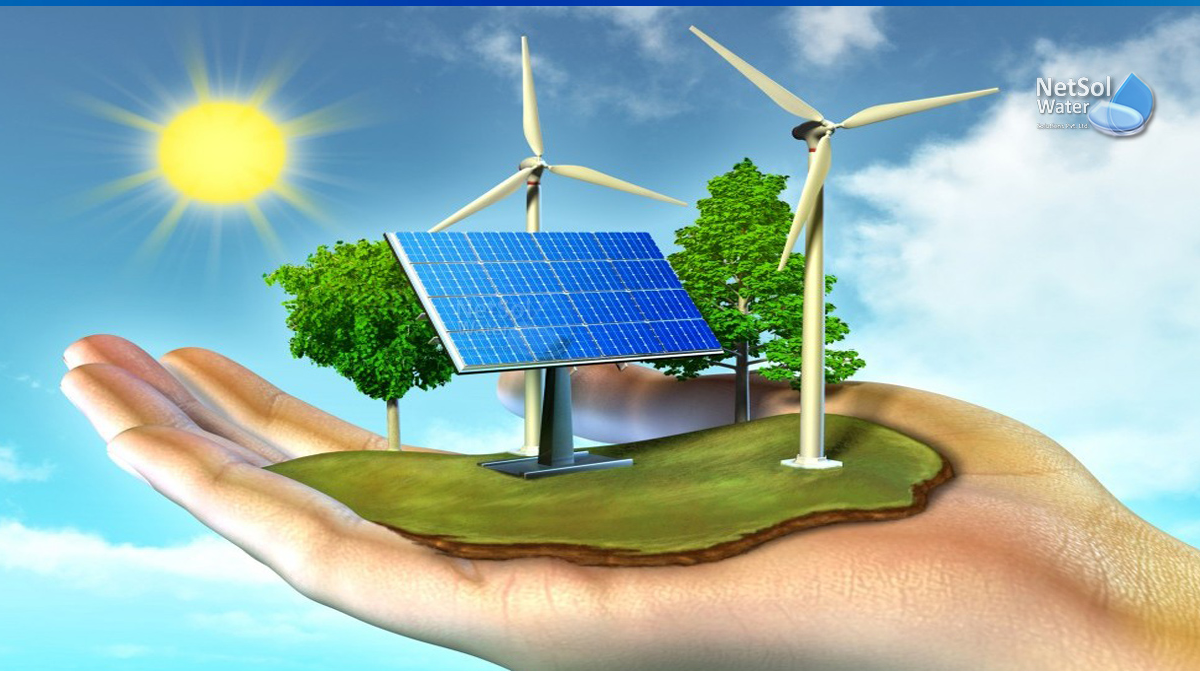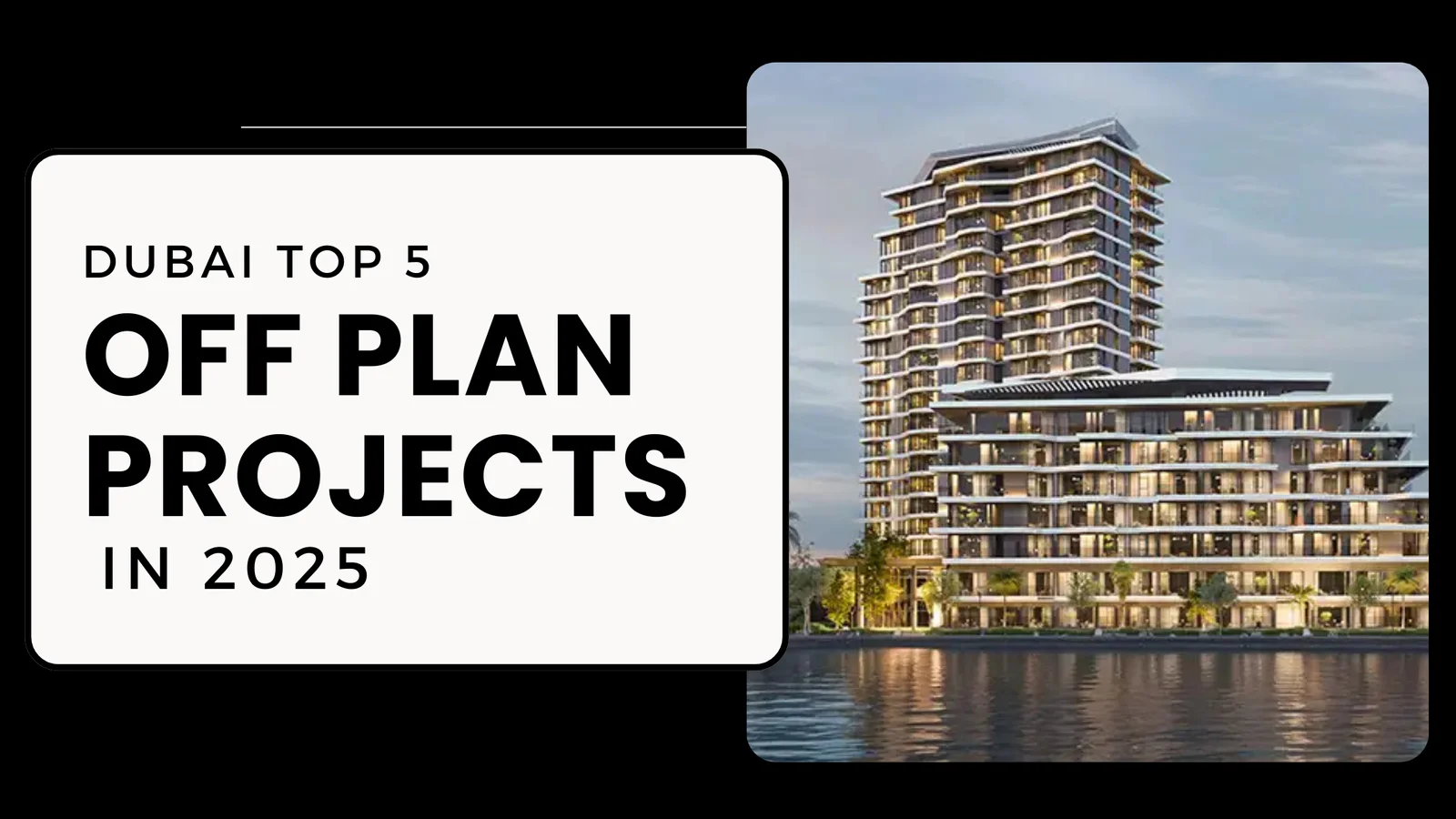Now Reading: UAE Breaks Solar Energy Records in June 2025!
-
01
UAE Breaks Solar Energy Records in June 2025!
UAE Breaks Solar Energy Records in June 2025!
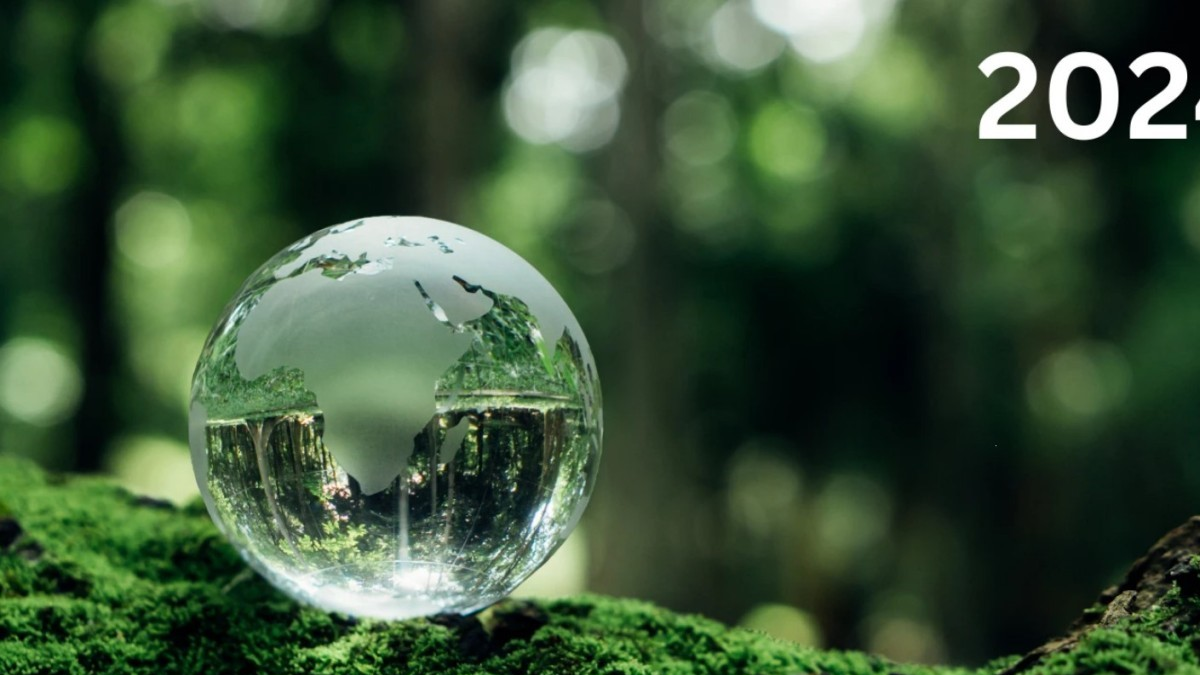
Table of Contents
Dubai, UAE – June 2025:
The United Arab Emirates continues to shine bright in the global renewable energy landscape. In June 2025, the country announced significant progress in its solar energy targets, reaffirming its commitment to clean energy and sustainability.
According to the UAE Ministry of Energy and Infrastructure, the country’s solar capacity has now surpassed 6.5 gigawatts (GW), marking a nearly 30% increase from last year. With large-scale solar parks, innovative rooftop systems, and floating solar panels in progress, the UAE is positioning itself as a leader in the Middle East’s transition to renewable energy.
Mohammed bin Rashid Al Maktoum Solar Park Hits New Milestone
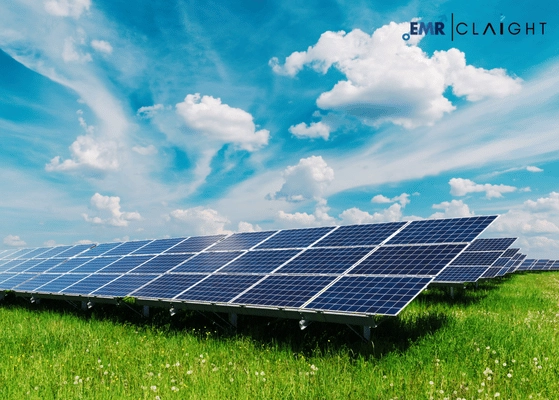
At the heart of the UAE’s solar success is the Mohammed bin Rashid Al Maktoum Solar Park in Dubai. This massive project is currently the world’s largest single-site solar park, with a planned capacity of 5,000 MW by 2030.
In June 2025, the Dubai Electricity and Water Authority (DEWA) announced the completion of Phase VI, which added 900 MW of capacity through a mix of photovoltaic (PV) and concentrated solar power (CSP) technology. This phase alone can power over 270,000 homes and offset 1.2 million tonnes of carbon emissions annually.
CEO of DEWA, Saeed Mohammed Al Tayer, said in a statement:
“This milestone brings us closer to achieving Dubai Clean Energy Strategy 2050 and Net Zero Strategy 2050, where 100% of power will come from clean sources.”
UAE’s Green Energy Vision: Net Zero by 2050
The UAE was the first Gulf country to commit to a Net Zero target by 2050, and solar power is central to this strategy. The UAE Energy Strategy 2050, updated earlier this year, now aims for:
- 30% energy mix from solar by 2030
- 44% clean energy contribution by 2050
- A reduction in carbon emissions by 70%
In line with these goals, the government is encouraging private investment, foreign partnerships, and public-private initiatives to drive the growth of the renewable sector. Over AED 40 billion (USD 11 billion) has already been invested in solar energy projects across Abu Dhabi, Dubai, and Sharjah.
Abu Dhabi Expands Floating Solar and Desert PV Farms
Abu Dhabi is not far behind. The Al Dhafra Solar PV Project, one of the world’s largest, became fully operational in May 2025, just a month before this report. With a capacity of 2 GW, it provides enough electricity for 200,000 homes and is a joint venture between ADNOC, TAQA, and international partners from Japan and China.
In an exciting innovation, floating solar panels have been launched in Al Wathba Wetland Reserve, generating clean energy while preserving local ecosystems. This project is the first of its kind in the region and symbolizes the UAE’s blend of technology and environmental consciousness.
Solar Energy for Every Home and Business
Beyond mega-projects, the UAE is also pushing for decentralized solar solutions. The Shams Dubai initiative, which began in 2015, allows residents and businesses to install solar panels on their rooftops. By June 2025:
- Over 7,500 buildings in Dubai now have solar rooftops
- The total rooftop capacity has exceeded 650 MW
- New regulations make solar installation faster and cheaper
Local solar providers say demand is at an all-time high, driven by lower installation costs, government subsidies, and a strong push from the Dubai Supreme Council of Energy.
Jobs, Innovation, and Local Manufacturing on the Rise
The rise in solar energy projects is creating thousands of green jobs across the Emirates. The UAE government estimates:
- Over 20,000 direct and indirect jobs have been created by solar energy
- Local solar panel manufacturing is expected to grow by 35% in 2025
- Innovation hubs in Masdar City and Dubai Science Park are supporting R&D in solar tech, including AI-based monitoring systems, self-cleaning panels, and solar-powered EV charging stations
Dr. Nawal Al Hosany, UAE’s Permanent Representative to the International Renewable Energy Agency (IRENA), commented:
“We are proud that solar energy is not just a tool for clean power, but a driver of innovation, employment, and economic diversification in the UAE.”
Policy Support and International Collaboration
Policy reforms continue to support the UAE’s solar ambitions. Recent updates include:
- Reduced import duties for solar components
- Net-metering policies that reward solar panel owners
- International cooperation agreements with countries like India, South Korea, and Germany for clean energy collaboration
In June 2025, the UAE also signed a Green Energy Cooperation Agreement with the European Union, opening doors for joint investments in solar and hydrogen projects.
What’s Next for UAE’s Solar Sector?
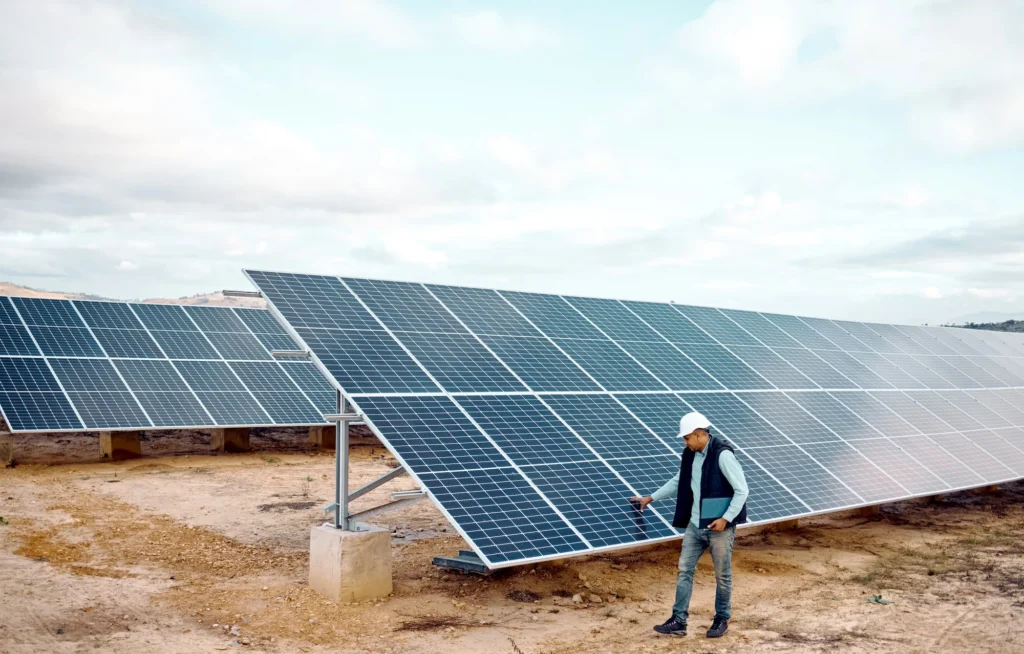
Looking ahead, the UAE plans to:
- Begin Phase VII of the Mohammed bin Rashid Solar Park in early 2026
- Expand solar-to-hydrogen projects in Al Ain and Ruwais
- Test solar-powered desalination plants in coastal areas
- Launch a solar-powered data center in Abu Dhabi in partnership with Microsoft
With the COP29 conference approaching in late 2025, hosted in Brazil, the UAE is expected to showcase its clean energy transformation as a model for emerging economies in arid regions.
Conclusion: UAE’s Solar Power Surge Is No Mirage
From vast solar deserts to urban rooftops, the UAE’s solar energy journey in June 2025 reflects a bold, forward-thinking vision. With rising investment, technological advancement, and strong policy support, the country is moving rapidly toward a sustainable, sun-powered future.
As the sun continues to shine brightly over the Emirates, so does its ambition to lead the world in clean energy.
Read More:- Deyaar’s Latest Announcement Shakes Up the UAE Property Market



